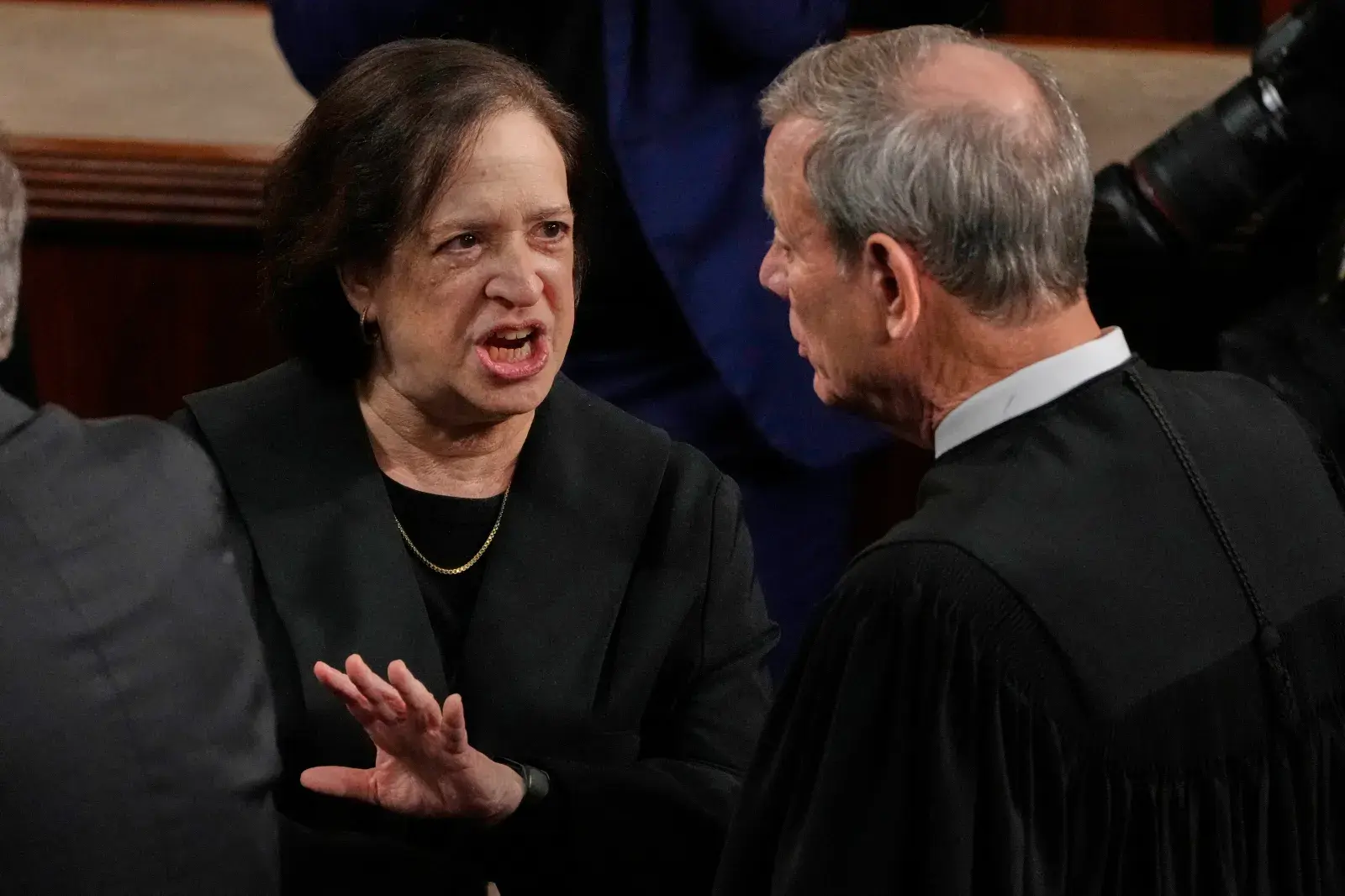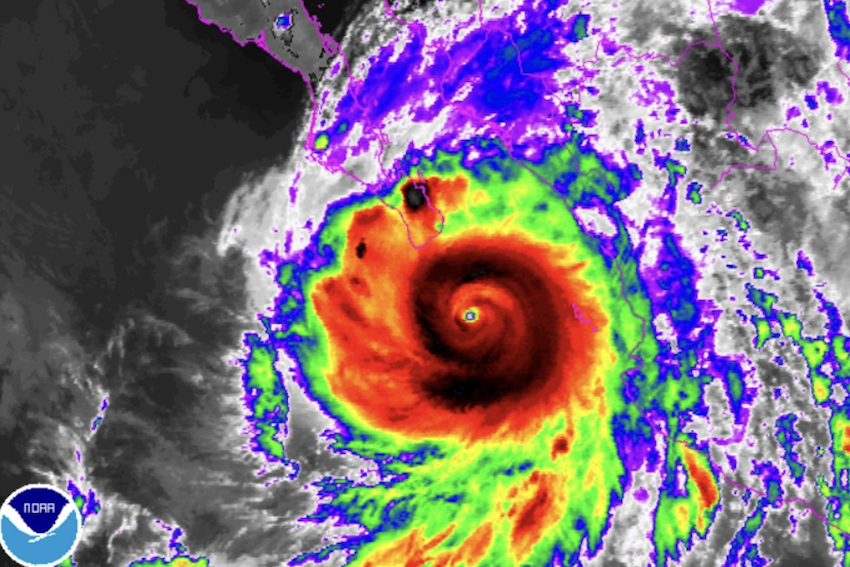Copyright newsweek

The Supreme Court on Friday extended an order allowing President Donald Trump’s administration to keep nearly $5 billion in foreign aid frozen, a decision that drew a sharp rebuke from Justice Elena Kagan, who said the conservative majority had gone “too far.” With the three liberal justices in dissent, the court’s conservatives granted the administration’s emergency appeal in a case involving billions of dollars that Congress had already approved. Trump announced last month that he would not spend the money, invoking a disputed authority known as a “pocket rescission,” a budgetary maneuver last used by a president roughly 50 years ago. The unsigned order said Trump’s foreign affairs authority weighed heavily in the decision but emphasized that it was not a final ruling. Still, the court’s action ensures the aid will remain blocked while the case continues through lower courts. Supreme Court Associate Justice Elena Kagan talks with Chief Justice of the United States John Roberts before President Donald Trump addresses a joint session of Congress in the House chamber at the U.S. Capitol in Washington, Tuesday, March 4, 2025. (AP Photo/Julia Demaree Nikhinson) Why It Matters The decision is the latest in a string of victories for Trump at the high court, many of them through emergency appeals that bypass the usual lengthy process. The court has previously allowed the administration to restrict protections for migrants, remove federal employees, and fire leaders of independent agencies. The Trump administration has made foreign aid cuts a hallmark of its policy, despite relatively small savings compared with the federal deficit. Justice Department lawyers said another $6.5 billion in aid would still be spent before the fiscal year ends Tuesday, but the $4.9 billion at issue is now unlikely to be distributed. What to Know Justice Kagan, joined by Justices Sonia Sotomayor and Ketanji Brown Jackson, warned that the Supreme Court’s conservative majority had overreached by granting President Trump’s request to keep billions in foreign aid frozen. She said the case raises fundamental questions about the balance of power between Congress and the presidency and argued that the administration failed to meet the high bar required for emergency relief. “But even at that, the majority goes too far,” Kagan wrote, adding that the executive branch had not shown it was likely to succeed on the merits or that it would suffer irreparable harm if the lower court’s ruling remained in place. In her 7-page dissent, Kagan emphasized that the dispute is not only about $4 billion in aid but also about Congress’s constitutional control of federal spending. She noted that by granting Trump’s request, the court effectively prevented the money from ever reaching its intended recipients, given the funds are set to expire at the end of the fiscal year. “That inconsistency, in other words, is not a cognizable harm, to be weighed in the equitable balance. It is merely a frustration any President must bear,” she wrote, concluding that the majority’s ruling undermines separation of powers and cuts short the judicial process the case deserves. U.S. District Judge Amir Ali had previously ruled that Trump’s decision was likely illegal and that Congress must approve withholding funds. The D.C. Circuit Court of Appeals declined to put Ali’s ruling on hold, but Chief Justice John Roberts temporarily froze it earlier this month. Friday’s order indefinitely extends that freeze. Critics said Friday’s decision undermines the constitutional balance of power. Nick Sansone, an attorney with Public Citizen Litigation Group representing the AIDS Vaccine Advocacy Coalition, said the ruling “further erodes separation of powers principles that are fundamental to our constitutional order” and will have “a grave humanitarian impact on vulnerable communities throughout the world.” What People Are Saying Suzanne Goldberg, a Constitutional Law professor at Columbia University, told Newsweek via email, “It is startling to see the Supreme Court allow the Administration to refuse to spend $4 billion of foreign aid that Congress had already authorized, and even more startling that the Court did not offer an explanation for its ruling. Instead, it concluded, in a single sentence, that the Administration ‘had made a sufficient showing’ that the Impoundment Act precluded the lawsuit without saying why, leaving a puzzling question about how a law specifically designed to stop the president from withholding funds did not apply here. Goldberg continued, “The opinion makes clear that the ruling is preliminary and the lawsuit will go forward, but the funds will not be spent while the litigation continues. Stepping back, this opinion seems to be another step in the Court authorizing the president to step into Congress’ lane of authorizing funds on behalf of the American people, raising additional risk of...



